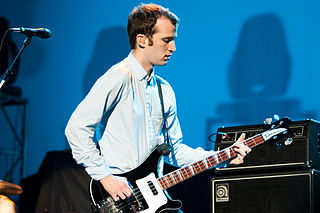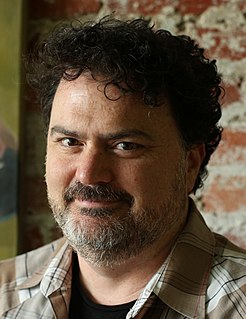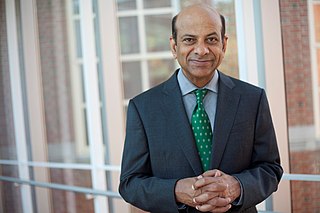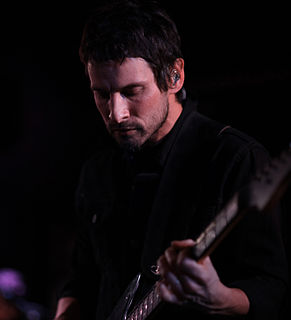A Quote by John Hodgman
More people have more access to more readers for less money than ever before in history. It means a lot of dross; but it means a lot of very talented people can find and nurture a readership in ways that were not possible twenty years ago. From a creative perspective, that is all that writing is about.
Related Quotes
Television in the 1960s & 70s had just as much dross and the programmes were a lot more tediously patronising than they are now. Memory truncates occasional gems into a glittering skein of brilliance. More television, more channels means more good television and, of course, more bad. The same equation applies to publishing, film and, I expect, sumo wrestling.
I think a lot more people are able to take on a design challenge than ever before. And this was true 20 years ago when the desktop publishing revolution came about that allowed people with Macintosh's at home to produce professional-looking newsletters or publications for the first time. So, there's a long march toward more democratization for design.
I'm not the type to generalise about an entire generation. I think the most general thing I can say, is that things are way more dispersed, and way more de-centralised than they were twenty years ago. I don't really feel like people talk about my generation the way people would talk about Generation X in their early 90's when Nirvana blew up. I feel like there was an easier, more coherent narrative to find, than you can now.
I have been very lucky because I have had the opportunity to see what it's like to have little or no money and what it's like to have a lot of it. I'm lucky because people make such a big deal of it and, if I didn't experience both, I wouldn't be able to know how important it really is for me. I can't comment on what having a lot of money means to others, but I do know that for me, having a lot more money isn't a lot better than having enough to cover the basics.
Over the last thirty years or so, I have definitely become more enlightened about corners of the social spectrum that I had less exposure to as a young man. I've interacted with more poor people, more minorities and more sexual minorities. As you get more people from different backgrounds involved in your life, you get a broader perspective and you're less cavalier about your opinions.
Twenty to thirty years ago, who was making documentary films? Nobody. Well, relatively few people. It was an art form that had limited theatrical distribution, if any at all. Some television distribution, but relatively small audiences regardless. And in the intervening years it's become more and more popular with a lot of people.
But obviously, things have changed in many ways since the '50s, when the show is started, in terms of sexuality, and how much access we have to images of it and information about it. But, the same problems always apply. It doesn't matter whether we know a lot more about sex now or if there's a lot more access to it. The same problems of intimacy, of dealing with other people, of connecting and being vulnerable with other people, which is what the show is ultimately about, still applies now, I think.
As you get older, your songwriting starts to become less and less about you, and especially when you have kids and a family. You start to see the world through other people's eyes a lot more to the point where it's hard to go back and relate to that "me against the world" perspective that I think a lot of my earlier songs were about. It's not so much about "me against the world," it's, how do you make the best possible future for your kids to grow up in?
This man, who for twenty-five years has been reading and writing about art, and in all that time has never understood anything about art, has for twenty-five years been hashing over other people's ideas about realism, naturalism and all that nonsense; for twenty-five years he has been reading and writing about what intelligent people already know and about what stupid people don't want to know--which means that for twenty-five years he's been taking nothing and making nothing out of it. And with it all, what conceit! What pretension!


































